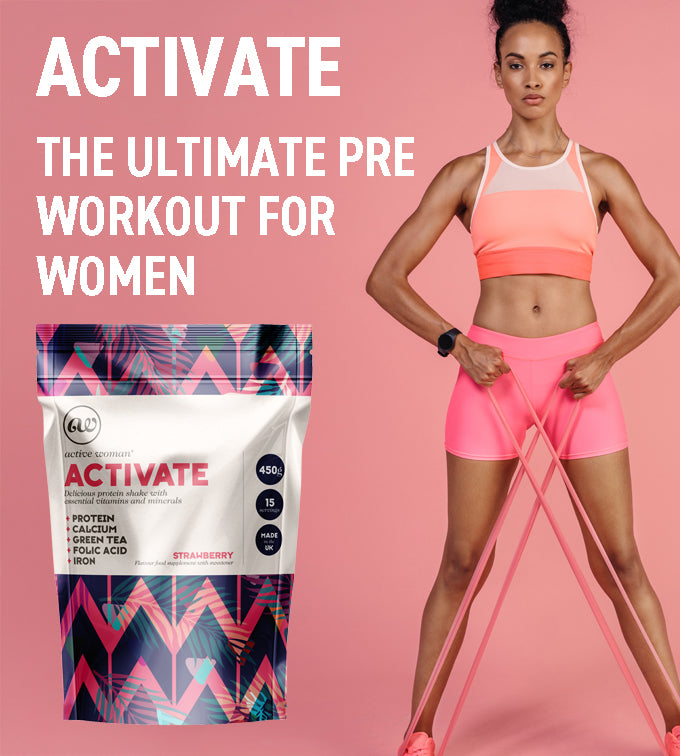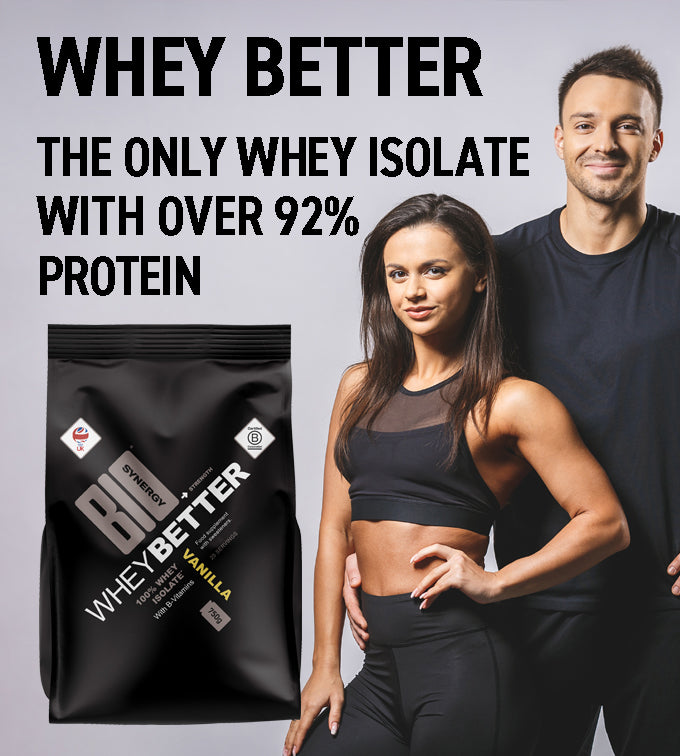Sugar is addictive and the more you consume, the more you will want. I actually heard recently that it was more addictive than cocaine.
We learn to love the sweet taste. This could relate to getting treats as children, perhaps being nurtured with sweet foods as a form of love from our mother. Actually, in Traditional Chinese Medicine (TCM), the spleen is connected with the mother, and if our spleen is deficient then we will crave sugar.
If you read food labels, you will notice there is probably more sugar than you thought, and even if the product is organic, there could still be the same amount as in non-organic foods.

In more recent years, it is suggested that instead of five portions of vegetables and five of fruit each day, it should be nine of vegetables and one of fruit. Most fruit you buy today has been picked before it is ripe, so it will be higher in sugar than it should naturally be. Eating fruit with skin on is better as the fibre slows down the rise in blood sugar.
Pasteurised fruit juices in cartons contain no nutrients and are very high in sugar; they have been chemically treated. Even if you are juicing your own fruits, then beware of the high natural sugar content, as you will be using a large quantity of fruit.
Other things that may be beneficial to avoid sugar cravings are:
•Reduce the amount of food you eat, as overeating can lead to fatigue, which can make you want a sugar fix.
•Waiting too long between meals gets your blood-sugar level to drop, causing you to crave sugar or refined carbohydrates (which turn to sugar).
•Eating foods such as meat, salt, eggs and cheese causes the body to contract. As it is always working to keep you in balance, this will create a craving for sugar to feel more relaxed.
•Try to eat a light evening meal a few hours before going to bed. If you eat too late, then you will be more likely to feel lethargic the next day and so to crave more sugar.
•Practice some exercise that you enjoy, and anything else you love doing, to stop you from getting bored and reaching for sugary food, which will only artificially improve your mood for a short time.
•Get a good night’s sleep; if you are sleep deprived, you are more likely to have cravings the next day.
•Take a good quality mineral supplement containing a high level of Chromium, or take as a separate supplement, as this really helps with sugar cravings.
Breaking the cycle of craving sugar will be really beneficial for your health, although you will do this only when you are ready to.
If you are having artificial sweeteners instead of sugar, then bear in mind that it is known to cause migraine, diabetes, Parkinson’s, cancer, thyroid disorders, mood & attention disorders, seizures, brain tumours, Alzheimer’s and many more conditions. You may wish to do some of your own research to find out the effects of such sweeteners.
Look out too for hidden sugars with ingredient names ending in ‘-ose’, such as maltose, lactose, fructose and glucose, as even natural sweeteners can have a negative impact on health. It does depend on how sensitive you are to sugar, and your health condition too.
These are my preferred natural sweeteners:
•Raw honey contains lots of nutrients and has been known to alleviate pollen allergy. The more local to your area it is, the more effective it is meant to be. It contains roughly 53% fructose, although is completely natural in its raw form, and has several health benefits when used in moderation.
•Brown-rice syrup is a more natural sweetener. Unlike other concentrated sweeteners that are high in simple sugars, this syrup provides a slow but prolonged source of energy that is calming and soothing. Another advantage of brown-rice syrup is that it has many of the B vitamins and minerals that are found in rice. It can be bought from some health shops.
• Crystallised coconut nectar is 100% raw and used like sugar, although is much healthier and has a low-glycaemic level. This is available from some health shops and online health shops.
• Cinnamon is beneficial as it helps insulin work more efficiently. It can be added to your breakfast or dessert.
• Agave nectar, which has been claimed to be a healthy sweetener, in fact contains 80% fructose. Fructose takes the same pathway as alcohol through the liver.
• Maple syrup is half as sweet as sugar so would be a good first step to reducing sugar if the above sweeteners seem a bit too drastic.
Chewing gum contains either sugar or artificial sweeteners. There are some healthier chewing gums on the market that instead contain xylitol, which is better for your blood sugar and to help reduce cavities, although it creates stress in the intestinal area, so you may notice abdominal discomfort if consumed regularly.
If you want to freshen your breath, I would recommend chewing on fennel seeds or cardamom seeds; these will also help your digestion too so it’s a win-win!







